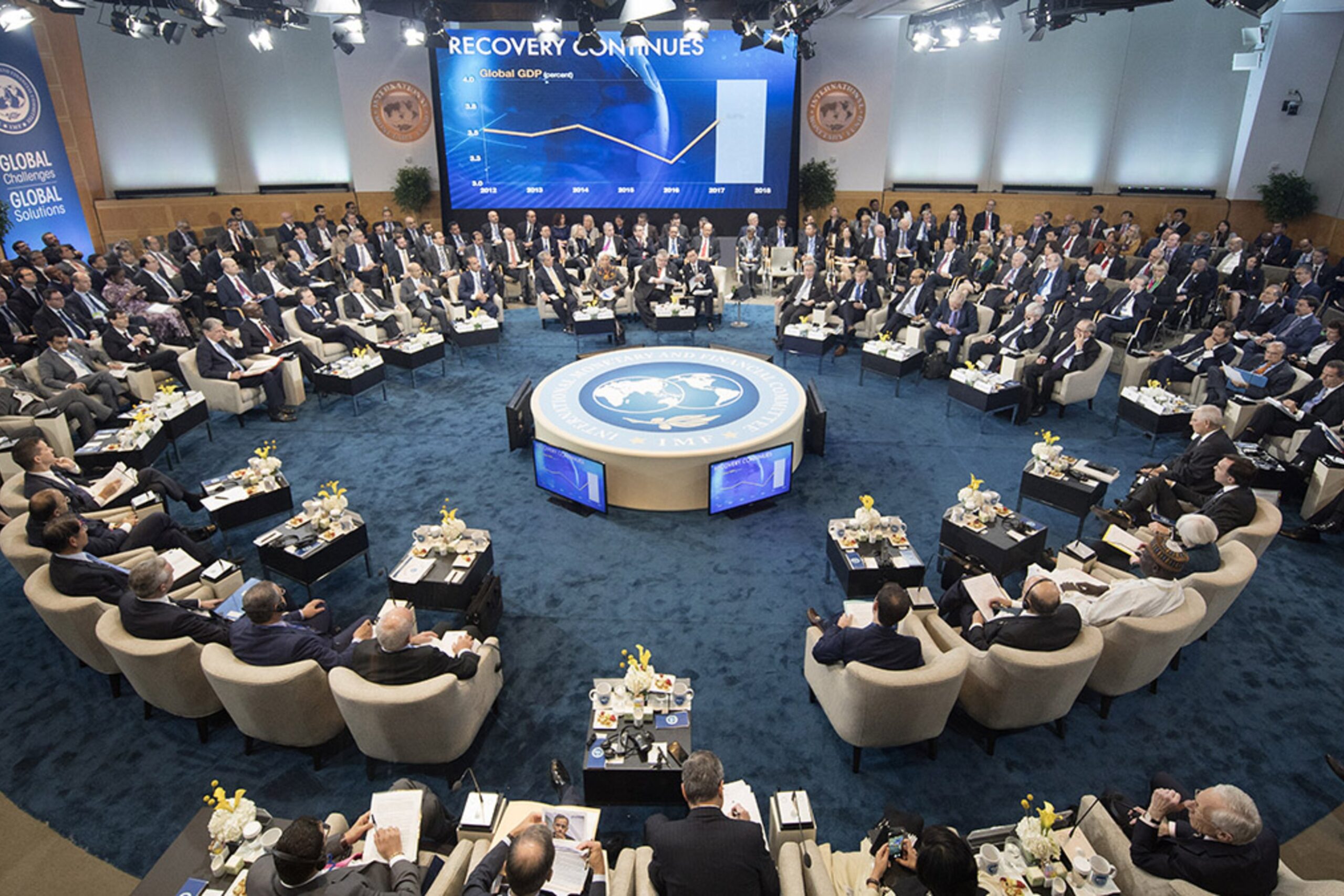10 new mini-factories for Mat North Province
A TOTAL of 10 mini-factories will be shortly established to manufacture high-value leather products in rural Matabeleland North province following the handover yesterday of brand-new equipment sourced through the US$2 million fund meant to assist trained entrepreneurs in the leather sector.
A total of 40 machines have been bought and are ready for distribution in the province’s different districts.
The project is being funded by a grant from the African Development Bank (AfDB) to the tune of US$2 million and is aimed at increasing the overall competitiveness of the beef and leather value chains in pilot provinces.
The Government has chosen Matabeleland North province and Bulawayo as pilot centres for the revitalisation of the leather sector under the Support to the Beef and Leather Value Chain Technical Assistance Project.
Matabeleland region is a hub of livestock production and therefore the two provinces already enjoy greater comparative advantage when it comes to revival of the leather industry.
Through inclusive modelling, the latest initiative for Matabeleland North is set to unlock wider economic opportunity for the province in line with the Government’s devolution agenda and would greatly enhance incomes
for ordinary communal farmers who stand to benefit more from the livestock value chain.
Permanent Secretary in the Ministry of Industry and Commerce, Dr Mavis Sibanda, who presided over the brief equipment handover ceremony in Lupane, said the intervention was an outcome of combined stakeholder efforts to boost domestic leather manufacturing capacity.
“The machines you are witnessing today are meant to change the livelihoods of people in Matabeleland North. In total, 40 machines were bought for leather products manufacturing trainees in the value chain,” she said.
The machines will be distributed to trained beneficiaries in the province. This will result in 10 mini-factories being established in rural Matabeleland North province.
According to the Leather National Working Group chairman, Mr Jacob Nyathi, the AfDB beef and leather value chain support has so far facilitated training of more than 140 youths, women and SMEs in leather crafts and footwear manufacturing in the two provinces.
“Some of these will be capacitated by being given start up machinery for sustainability. This is a pilot project for Matabeleland North but the Government expects the model to be replicated throughout the country,” said Dr Sibanda.
She said the target was for each of the ten provinces to establish 10 mini-factories giving a total of 100 mini-factories for manufacturing leather products in the country.
Dr Sibanda said the establishment of mini-leather factories was in line with the rural industrialisation agenda as enunciated in the National Development Strategy (NDS1:2021-2025), the Zimbabwe National Industrial
Development Policy, the Devolution Policy and the upper middle-income economy vision by 2030.
On the sidelines of the launch were exhibits of leather products produced by trainees (both male and female) such as belts, hand bags, school shoes, sandals, farmer and formal shoes among others.
The project seeks to ride on milestones achieved so far, which include, the design of a Livestock Identification and Traceability System (LITS), rehabilitation of dip tanks and provision of dipping chemicals and participation of leather manufacturers at the Zimbabwe International Trade Fair, among other regional exhibitions.
Livestock farmers have also received a boost in terms of access to drugs with up to 80 000 cattle expected to be vaccinated to preserve high quality of hides on a continuous basis. Under the programme, farmers have been trained on the use of hand spray drugs.
Confederation of Zimbabwe Industries vice president and General Beltings general manager, Mr Joseph Gunda, said the leather sector was strategic to the economy and that private sector players were excited by the initiatives to revive the leather value chain.
Kusile Rural District Council chief executive officer, Christopher Chuma, said the US$2m equipment will empower local producers to add value and realise more from their products while at the same time creating employment. He said the local authority has already offered land to the leather producers to set up the proposed factories and challenged beneficiaries to use the machines productively.
Lupane West MP Martin Khumalo said Mat North was endowed with livestock and timber resources and all that was needed is value addition.
Chief Mabhikwa who also attended the event said capacitating smaller holder producers to add value to their products will boost incomes for families. He paid tribute to Government and its partners and encouraged the beneficiaries to use the machines for the greater good of the economy.-chronicle.co.zw









